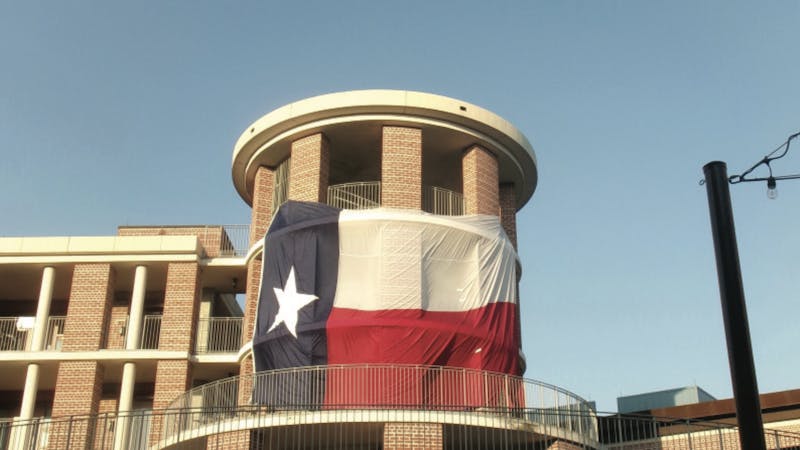Pirating rates go up at Rice
In 2010, Rice University received around 300 notices of copyright violations, and this year, the number of notices has already exceeded 500.
Rice's Senior Associate General Counselor Joe B. Davidson said he couldn't pinpoint one defining factor to account for the dramatic increase in piracy. It could be that copyright holders have upgraded their web crawlers to catch more culprits, but it might also be that people are downloading more content illegally, Davidson noted.
"Everybody has a device carrying content, so everybody is looking for more content," Davidson said.
When a copyright notice is sent to Rice, it usually comes with an IP address, a time and the title of the content in question, Davidson said. These are forwarded to Rice Information Technology, which tracks down the individual(s) in question and refers them to Judicial Affairs.
IT is able to track down individuals who log on to Rice Owls using their NetID, Rice Information Security Officer Marc Scarborough said. If the individual is using Rice Visitor, they are still traceable if they've logged in using Rice Owls on the same computer in the past.
The response cycle from someone downloading a file and receiving a notice from Judicial Affairs varies on a case-by-case basis, Scarborough said. According to Scarborough, the whole process can take anywhere from a day to a couple of weeks.
"I think the industry has taken a more aggressive stance against this kind of piracy," Scarborough said. "There are trends that we see. We know that higher-ed is targeted higher than home users … If I'm a student, I would say that the odds of the copyright holder watching is higher if I'm in a higher education network than if I'm not."
Davidson said that cases are dealt with internally, as Rice does not disclose the names of students to the copyright holders. The only exception would be if the holders get a subpoena against the student.
It's not just students who are pirating content but also staff and faculty, Davidson said. The consequences of having pirated content can drastically exceed the original price of the content due to "statutory damages," Davidson noted.
For example, Davidson said a current student in Boston University was found guilty of pirating songs and ended up being charged $675,000 ($22,000 per song).
More from The Rice Thresher
Rice lands high on Niche, Forbes college ranking lists
Rice recently ranked No. 10 on Niche’s Best Colleges in America list and No. 12 on Forbes’ annual America’s Top Colleges list in 2026. It was also recognized in several categories by the Princeton Review, placing in the top 10 in four categories.
From post-human novels to augmented reality, Rice hires new faculty
Rice welcomed 97 new professors this fall across disciplines, including a posthumanist Harvard scholar, a husband-wife duo and a computer science professor who graduated from Rice thrice.

First public of the year reckons with threats of a dry campus
After a Dis-O that saw four times as many calls for intoxication-related transports of students to the hospital compared to the prior three years, Cory Voskanian, a Martel College socials head tasked with planning the first public of the year, said that he was feeling the pressure.


Please note All comments are eligible for publication by The Rice Thresher.